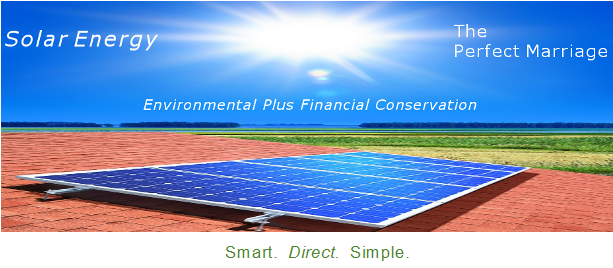 |
| The largest power plant in the world: Three Gorges Dam, China |
"Thomas Edison championed direct current, or DC, as a better mode for
delivering electricity than alternating current, or AC. But the inventor of the
light bulb lost the War of the Currents. Despite Edison's sometimes flamboyant
efforts—at one point he electrocuted a Coney Island zoo elephant in an attempt
to show the technology's hazards—AC is the primary way that electricity flows
from power plants to homes and businesses everywhere.(Related Quiz: "What
You Don't Know About Electricity")
But now, more than a century after Edison's misguided stunt, DC may be
getting a measure of vindication.
An updated,
high-voltage version of DC, called HVDC, is being touted as the transmission
method of the future because of its ability to transmit current over very long
distances with fewer losses than AC. And that trend may be accelerated by a new
device called a hybrid HVDC breaker, which may make it possible to use DC on
large power grids without the fear of catastrophic breakdown that stymied the
technology in the past. (See related photos: "World's Worst Power Outages.")
Swiss-based
power technology and automation giant ABB,
which developed the breaker, says it may also prove critical to the 21st century's
transition from fossil fuels to renewable energy sources, by tapping the full
potential of massive wind farms and solar generating stations to provide
electricity to distant cities."

